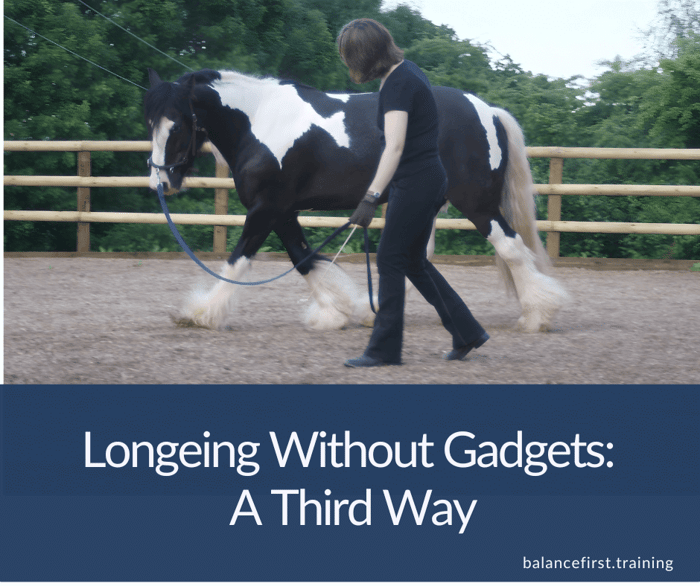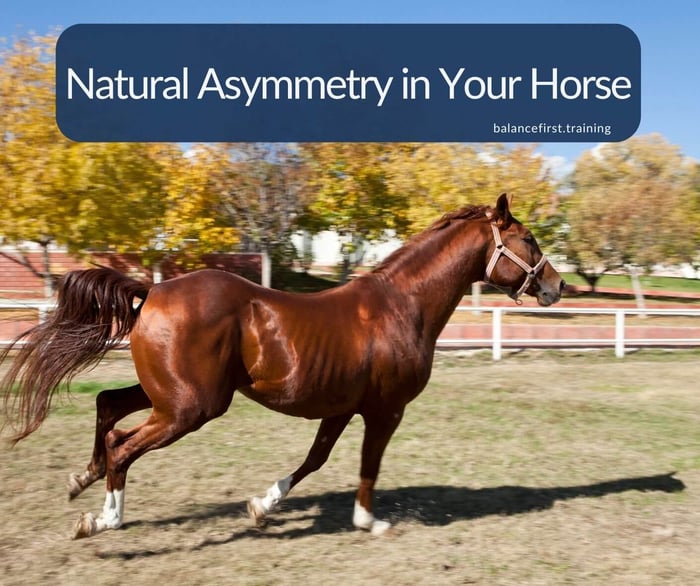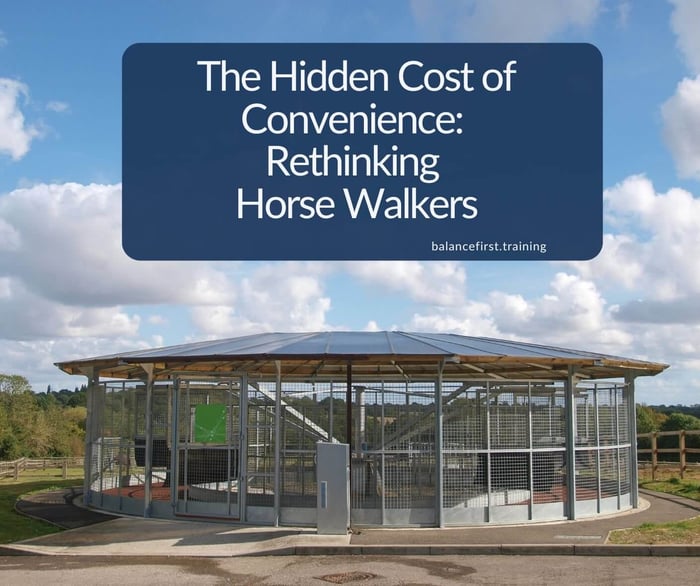Good self-awareness leads to good habits.
Our brains are constantly developing, even into old age. It only takes a few repetitions of a behaviour to create a pathway of nerve cells in the brain. Each time a behaviour is repeated, those neural pathways become stronger and wider and gradually become superhighways. That's when a habit or addiction is formed, and it works the same for horses. This is why self-awareness leads to good habits with horses.
The definition in the Oxford dictionary for ‘Habit’ is:
1. A settled or regular tendency or practice, especially one that is hard to give up.
‘he has an annoying habit of interrupting me’
‘good eating habits’
‘we stayed together out of habit’
1.1 Informal An addictive practice, especially one of taking drugs.
1.2 Psychology An automatic reaction to a specific situation
A behaviour repeated just 3 times can form a habit. Habits and routines can be beneficial
A large proportion of our everyday actions are habitual, and 95% of our brain activity is unconscious. We do what has worked well enough in the past and didn't kill us. It saves time and, to our brain, because it worked before it is probably the safest option.
In animal training, we strive to create good habits by using operant or classical conditioning to teach desirable behaviours in response to a controlled stimulus.
As horse trainers, we aim to bring ourselves, and our horses, to a level of unconscious competence, a state where we have developed a high level of skill that has become second nature; good habits we can do without even thinking.
A lot of practice and many, many repetitions will form the mental superhighways we need.
Bad habits are formed in the same way
Deeply ingrained habits can be difficult to change, but being aware of the way neural pathways are formed can help.
Why not just ignore undesired behaviour?
Ignoring an undesirable behaviour in the horse can work. Equally, it can just make things worse because the horse continues to practice the behaviour, which, in turn, strengthens the neural pathway.
The trick is not so much to stop a bad habit, but to replace it with a good one.
“If you always do what you’ve always done, you’ll always get what you’ve always got.” - Henry FordRoutine
A change in routine will help to change the circumstances that lead up to a bad habit. That means noticing in your horse (and yourself) what happens before what happens happens - and changing your response to it. Interrupting the chain or pattern of behaviour.
Bad habits in horses are almost always inadvertently created by the handler or trainer.
Causes
The causes can be obvious or very subtle:
- Too much pressure.
- Constant pressure.
- Lack of release of pressure.
- Poorly timed aids.
- Lack of leadership.
- Misjudged timing or dosing of food rewards.
- Unclear body language or other aids.
All of these can be due to a lack of self-awareness and unintentionally reinforce an undesirable behaviour.
Prevention
The best prevention is to stop bad habits from forming in the first place.
To avoid unintentionally reinforcing undesired behaviour, we need to be self-aware; to notice our own habits, all the time.
Not only what we are doing but what we are thinking; how we think and when; our attitude to ourselves, our horse and to others; our physical way of moving; what our inner voice is telling us. All these things can be habitual, and they massively affect our horse when we come to train him.
Finding self-awareness is about constantly observing ourselves and our actions. But it must be done without judgment, and without beating ourselves up or making ourselves feel bad or wrong.
Notice things like:
- Am I focused and in the moment?
- Am I grounded?
- How is my inner self-talk - am I kind to myself or mean?
- Are my thoughts and feelings empowering or disempowering to me?
- Are my thoughts and feelings empowering or disempowering to my horse?
- What is my body language communicating?
- What inner picture/inner feeling am I offering my horse (if any)?
- Am I relaxed in my body?
- Am I breathing from my belly or from my chest?
- What is my energy like – high or low, positive or negative?
- Am I showing leadership?
- What are my feet doing?
- Is now really a good time to give a treat or reward?
- If my horse spooks, what is my habitual response, mentally and physically, and does it help him or make things worse?
- What is my leading hand doing?
- Have I truly released all pressure, or is my little finger still holding on for dear life?
- What is my driving hand doing?
- Have I lowered my whip after my horse already responded?
- Am I in balance physically, mentally, emotionally, and spiritually?
Conclusion
Let’s help our horses out by making it a habit to notice our own habits, because good self-awareness leads to good habits with horses.


.JPG)


